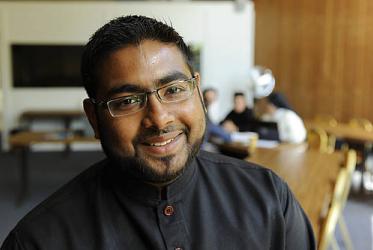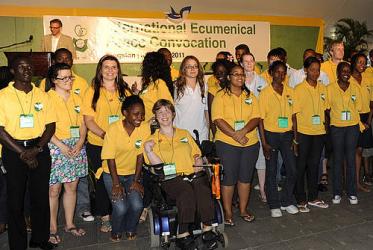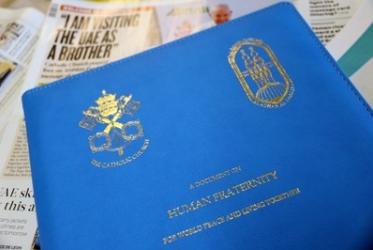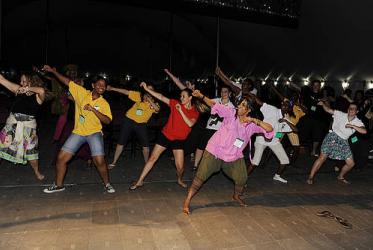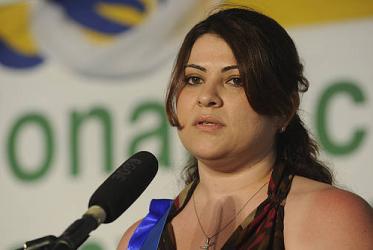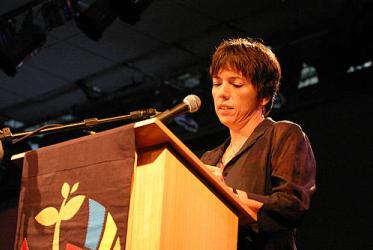Displaying 121 - 140 of 144
Christians are called to be peacemakers and to build just peace
02 December 2014
Indigenous faith leaders reflect on resilience and climate change
23 September 2014
Assembly renews churches’ commitment towards justice and peace
08 November 2013
Concern and solidarity for Bangladesh
17 May 2013
WCC adopts statements on contemporary public issues
12 September 2012
Building peace in solidarity with the poor
12 September 2011
When pastors prey: book breaks silence
20 May 2011









